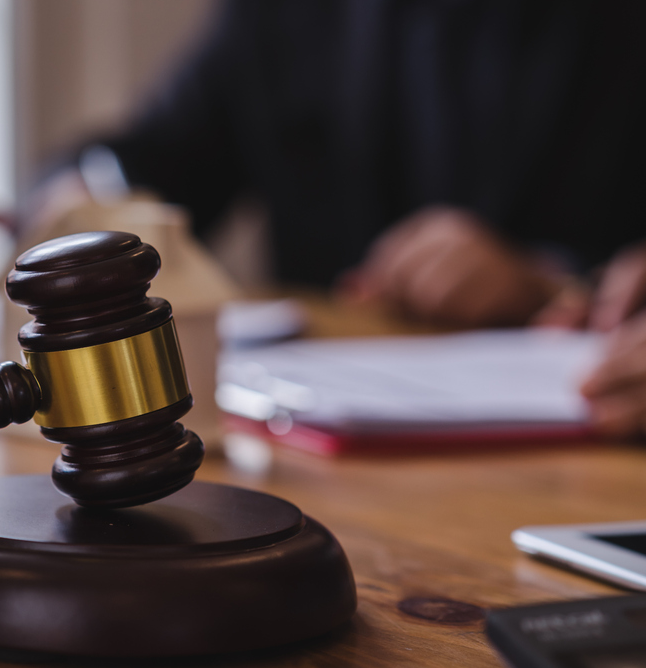
20+
years of experience

100+
5-star reviews

100%
criminal defense
In some circumstances, even if you committed the specific act with which you are accused, you may not be guilty if you acted in self-defense. The law on self-defense varies from state to state so it is important to be clear on the law that applies in North Carolina state courts if you are considering a defense theory of self-defense at trial.
Self-defense is unique in that it can cause an act that would otherwise constitute a crime to be lawful, if certain circumstances are present. It is helpful to look to the North Carolina Pattern Jury Instructions to understand what a defendant would have to prove at trial in order to succeed on a self-defense theory. These are the instructions a jury would hear at the close of the evidence in a murder case before deliberating in a self-defense case:

North Carolina Jury Instruction on Self-Defense to Murder
The defendant would be excused of first-degree murder and second degree murder on the ground of self-defense if:
First, the defendant believed it was necessary to kill the victim in order to save the defendant from death or great bodily harm.
And Second, the circumstances as they appeared to the defendant at the time were sufficient to create such a belief in the mind of a person of ordinary firmness. In determining the reasonableness of the defendant’s belief, you should consider the circumstances as you find them to have existed from the evidence, including (the size, age and strength of the defendant as compared to the victim), (the fierceness of the assault, if any, upon the defendant), (whether the victim had a weapon in the victim’s possession), (and the reputation, if any, of the victim for danger and violence) (describe other circumstances, as appropriate from the evidence).
The defendant would not be guilty of any murder or manslaughter if the defendant acted in self-defense, and if the defendant (was not the aggressor in provoking the fight and) did not use excessive force under the circumstances.
Several questions are raised by these instructions, which will be among the last words a jury will hear before beginning deliberations in a murder trial where defense counsel advances a self-defense theory. Because self-defense is an affirmative defense, the burden is shifted to the defendant to establish that the evidence supports a self-defense instruction, before the judge will even approve deliberations on that theory and present that option to the jury.
First, the criminal defense attorney for the accused must establish through the evidence — either through the testimony of the defendant or through other evidence in the case — that the defendant did, in fact, “believe” that it was necessary to kill the deceased to save him or herself from either death or “great bodily harm.” Second, the criminal lawyer representing the defendant must persuade the jury that the circumstances were “sufficient to create such a belief in the mind of a person of ordinary firmness.” That’s an odd way of saying that it had to be reasonable under the circumstances, for a reasonable person.
Self-defense murder cases are among the most complex cases that arise in our system. If you or a loved one has been charged with murder, or a serious assault charge, or any violent felony, it is critical to have an experienced criminal defense trial attorney in your corner.

Call Our Office for a Free, Confidential Consultation
Call a Raleigh & Durham self-defense defense lawyer if you have been arrested or charged with any misdemeanor or felony offense in Raleigh or Durham, North Carolina, up to and including first-degree murder. Contact us today for a free, confidential consultation and case evaluation at (919) 899-9404.

Contact Us Today
Get your free consultation.

Call or Text: (919) 899-9404

Durham Office:
331 W Main St #604 Durham, NC 27701

Raleigh Office:
19 W Hargett St #508 Raleigh, NC 27601

Chapel Hill Office:
605 W Main St #206E, Carrboro, NC 27510

